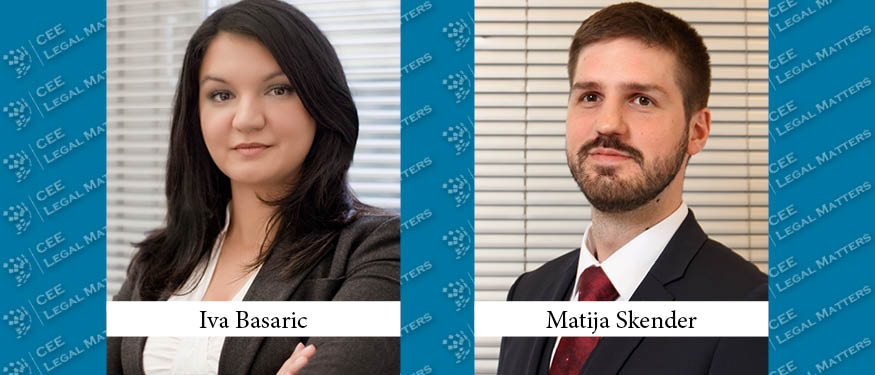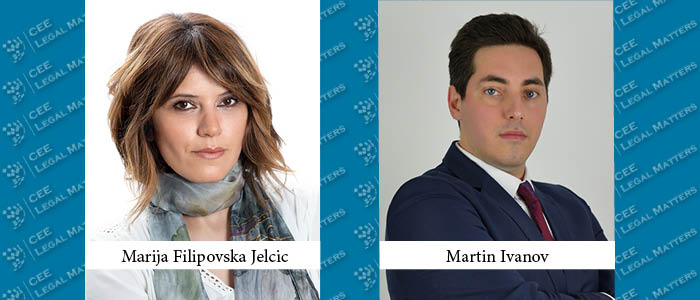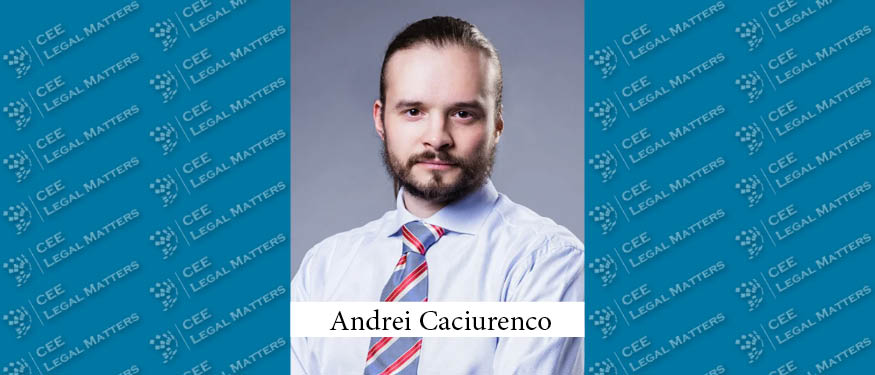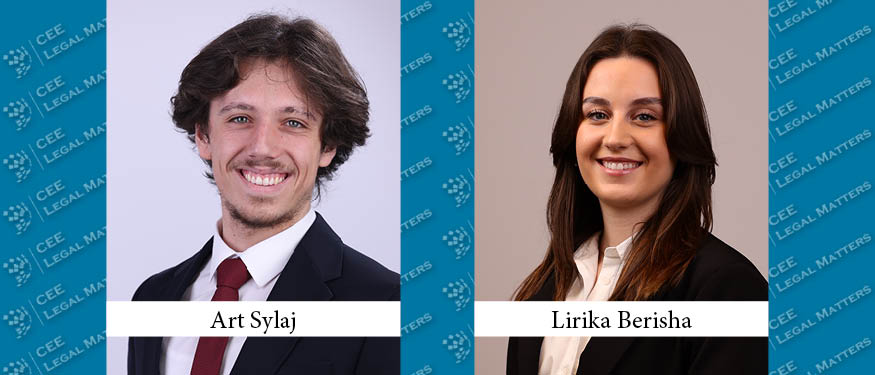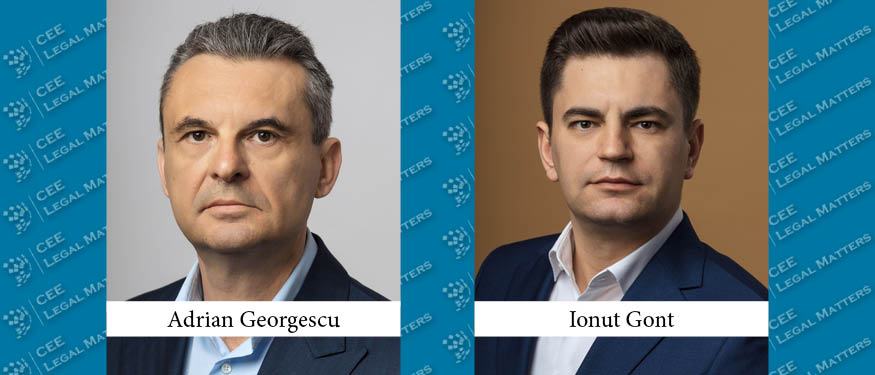Belupo General Counsel Eva Kovacic reflects on her journey from law firm beginnings to steering legal and compliance in the fast-paced pharmaceutical world.
Know Your Lawyer: Bartosz Miszkurka of Solivan
An in-depth look at Bartosz Miszkurka of Solivan covering his career path, education, and top projects as a lawyer as well as a few insights about him as a manager at work and as a person outside the office.
Know Your Lawyer: Damir Topic of Divjak, Topic, Bahtijarevic & Krka
An in-depth look at Damir Topic of Divjak, Topic, Bahtijarevic & Krka covering his career path, education, and top projects as a lawyer as well as a few insights about him as a manager at work and as a person outside the office.
Czech Republic: The Cyber Resilience Act
The European Union is following its roadmap to strengthen the cybersecurity framework. After the Cybersecurity Act (Regulation (EU) 2019/881), which created a certification framework and established the European Union Agency for Cybersecurity (ENISA), and NIS 2 (Directive (EU) 2022/2555), which aims at enhancing the cybersecurity of essential and important services, the European Union introduced the protection of connected software and devices, in other words, the cybersecurity of the IoT. In October 2024, the European Council officially adopted the Cyber Resilience Act (CRA) which is about to be published in the EU Official Journal. The Czech Republic is now intensively preparing for the adoption of the Cybersecurity Act, which transposes the NIS 2 Directive, but awareness of CRA is low, even though critical software is being developed in the Czech Republic.
Slovakia: Delays in NIS2 Implementation
Slovakia is currently still in the process of approving the draft legislation for the implementation of Directive (EU) 2022/2555 of the European Parliament and of the Council of 14 December 2022 on measures for a high common level of cybersecurity across the Union, amending Regulation (EU) No 910/2014 and Directive (EU) 2018/1972, and repealing Directive (EU) 2016/1148 (NIS2 Directive). However, Slovakia has missed the implementation deadline of October 17, 2024, with the draft pending approval in Parliament, expected by late November 2024.
Hungary: Cybersecurity Laws – The Saga Continues
Hungary was one of the quickest in the EU to begin implementing Directive (EU) 2022/2555 (NIS2) and one of those few EU member states that met the deadline for implementation. Nevertheless, the Hungarian NIS2 implementation is still incomplete, and the current implementing laws have caused some practical and interpretational issues for various companies.
Estonia: 5 Practical Steps to Prepare for the Artificial Intelligence Act
On August 1, 2024, the Artificial Intelligence Act (Regulation (EU) 2024/1689, AI Act) came into effect, establishing several regulations concerning artificial intelligence systems within the European Union. Although the regulation is already in force, its requirements will gradually come into effect: the first deadlines are set for February and August 2025, while most of the requirements will apply starting August 2, 2026.
Poland: Text and Data Mining – An IP Perspective
Text and data mining (TDM) has emerged as a powerful technique for extracting valuable insights from large datasets, particularly in fields such as research, healthcare, and marketing. However, as the capabilities of TDM continue to expand, it is essential to consider the legal frameworks that govern its application. In Poland, this involves a complex interplay of national legislation and European Union directives, particularly regarding intellectual property rights, data protection, and exceptions for research.
Bulgaria: Key New Court Decisions in Bulgaria’s TMT Sector
Recent court decisions in the technology, media, and telecommunications sector are expected to influence the way in which businesses manage, protect, and enforce their intellectual property rights and trade secrets in Bulgaria.
Austria: Data Strategy – Data Act and Data Governance Act in Focus
Austria’s data strategy is derived from the European data strategy. It aims to improve the framework conditions for the data economy and to promote the secure exchange and broad use of data.
Lithuania: Implementation of the NIS2 Directive
Lithuania has updated its national legislation, with the revised Cybersecurity Law aligning with Directive (EU) 2022/2555 of the European Parliament and of the Council of 14 December 2022 on measures for a high common level of cybersecurity across the Union, amending Regulation (EU) No 910/2014 and Directive (EU) 2018/1972, and repealing Directive (EU) 2016/1148 (NIS2 Directive). The new Cybersecurity Law took effect on October 18, 2024. The implementing legislation was adopted on November 6, 2024.
Greece: New European Legislation on Measures for a High Common Level of Cybersecurity Across the Union
The NIS2 Directive is the EU-wide legislation on cybersecurity. It provides legal measures to increase the overall level of cybersecurity in the EU by modernizing the existing legal framework, broadening the scope of covered entities, and specifying high fines (2% or EUR 10 million for essential entities, or 1.4% of global annual turnover or EUR 7 million for important entities), directly involving the board members of covered organizations and holding them accountable for any breach of the legal framework established by the new Directive.
Romania: Can AI-Generated Content Be Protected Under Copyright Law?
We are living in very interesting times with spectacular innovations in technology. The law is hardly keeping up with all these changes. Companies and authors of intellectual property works are also challenged and need to adjust to the new evolving environment.
Croatia: Intellectual Property Infringements – A Look at the 2023 Report
In the summer of 2024, the Croatian Intellectual Property Office published a report detailing intellectual property (IP) infringement data for 2023. This statistical overview sheds light on the enforcement of IP rights across three main segments in Croatia: liability for misdemeanors (falling under the jurisdiction of the Croatian Customs Administration), criminal liability (managed by the State Attorney’s Office), and civil liability (which is enforced through private actions, often involving Collective Management Organizations (CMOs)). This article analyzes the trends observed in the 2023 report, aiming to provide insight into the future landscape of IP enforcement in Croatia and explore implications for rightsholders and other stakeholders in the IP space.
Slovenia: A Renewed Legislative Focus on Strengthening the Public Use of Slovene
The Slovene language has long been a core part of Slovenia’s national identity, instrumental in unifying the nation during its journey to independence in 1991. However, globalization and digitalization have increasingly challenged the prominence of Slovene in public and commercial domains. This pressure has placed responsibility on the Slovenian government to safeguard the language’s role in the face of a rapidly globalizing world. Recent amendments to the Act on the Public Use of Slovene (Act) reflect this commitment to preserving and expanding Slovene’s presence in public, commercial, and digital spheres.
North Macedonia: Legal and Regulatory Challenges for 5G Technology
With the rollout of 5G technology, North Macedonia will have to clear a number of legal and regulatory hurdles before benefitting from its potential to transform industries, improve connectivity, and drive economic growth. The country’s telecommunications framework faces the dual challenge of accommodating this groundbreaking technology while ensuring alignment with EU standards.
Moldova: Bad Faith Trademark Registrations – An Emerging Challenge for Foreign Investors
Bad faith trademark registrations in Moldova can pose certain challenges for foreign companies in the country. Understanding the implications of bad faith trademark registrations in Moldova is crucial for businesses looking to protect their intellectual property.
Kosovo: Using Binding Corporate Rules and Standard Contractual Clauses as Data Transfer Mechanisms
The Law for Protection of Personal Data (LPPD) in Kosovo establishes guidelines for protecting personal data and regulates its transfer to other countries.

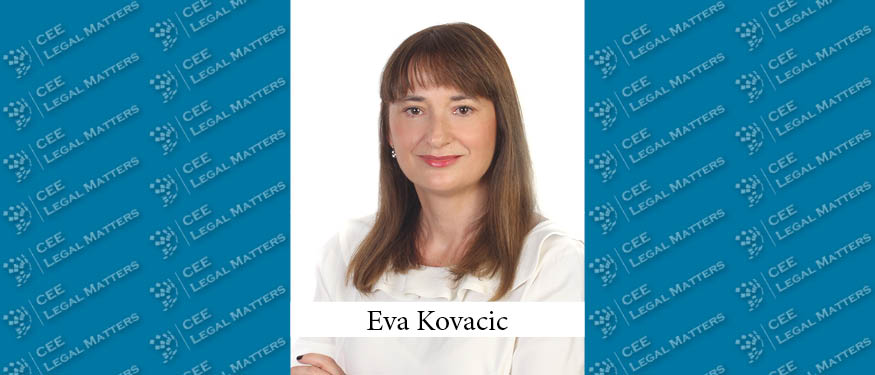
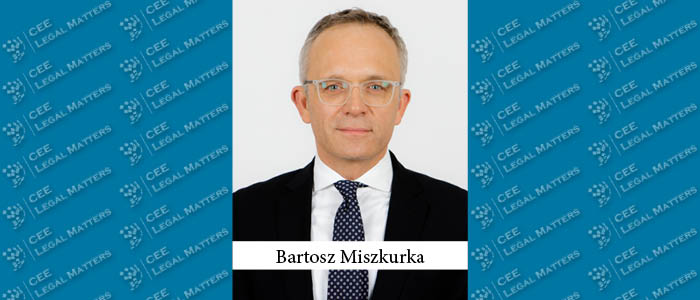
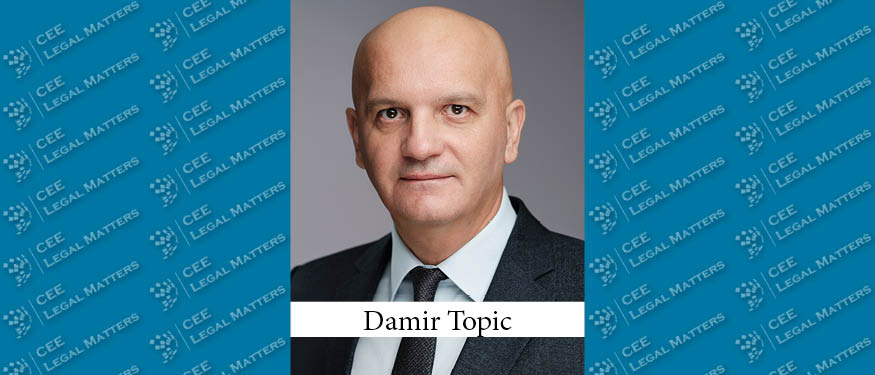

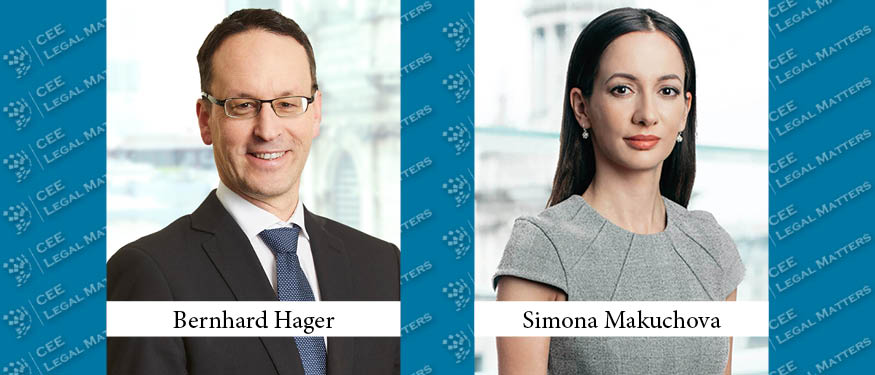


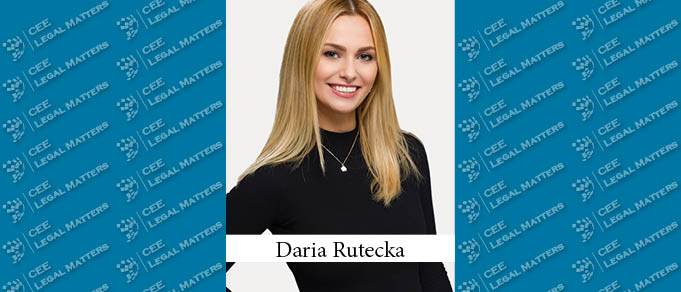
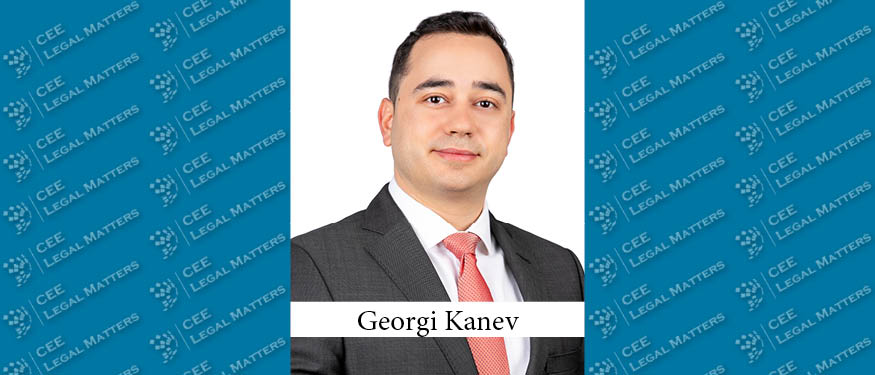
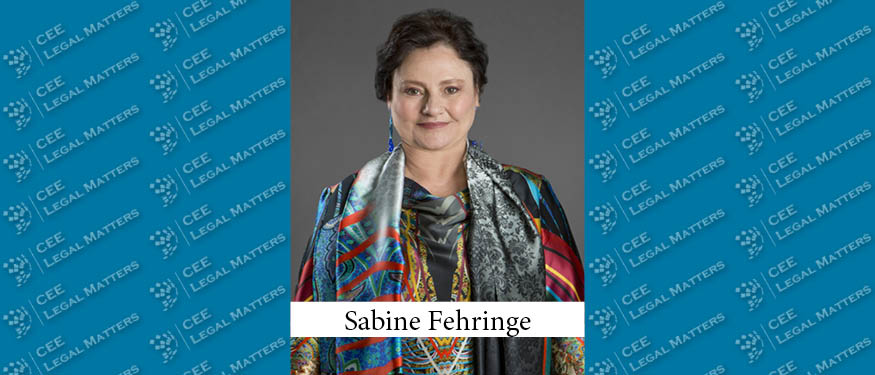
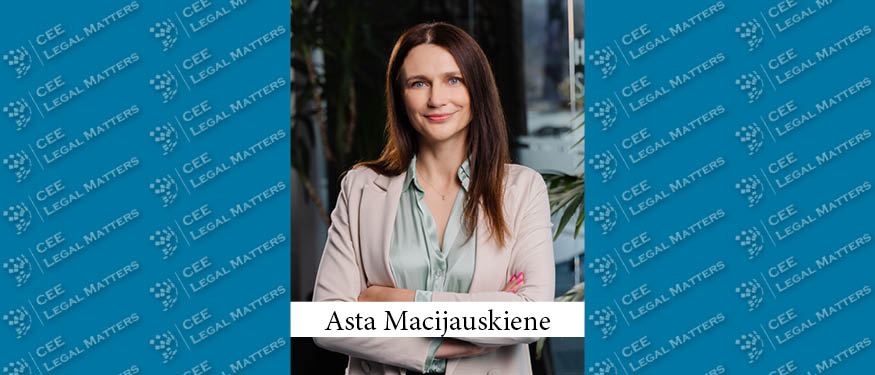
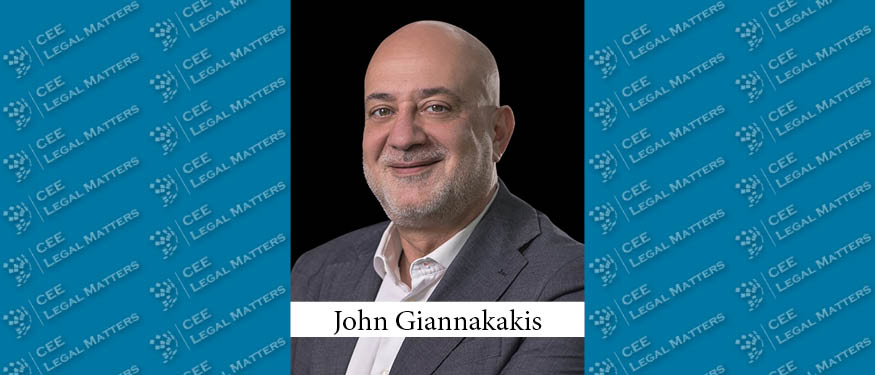
_Barbu.jpg)
